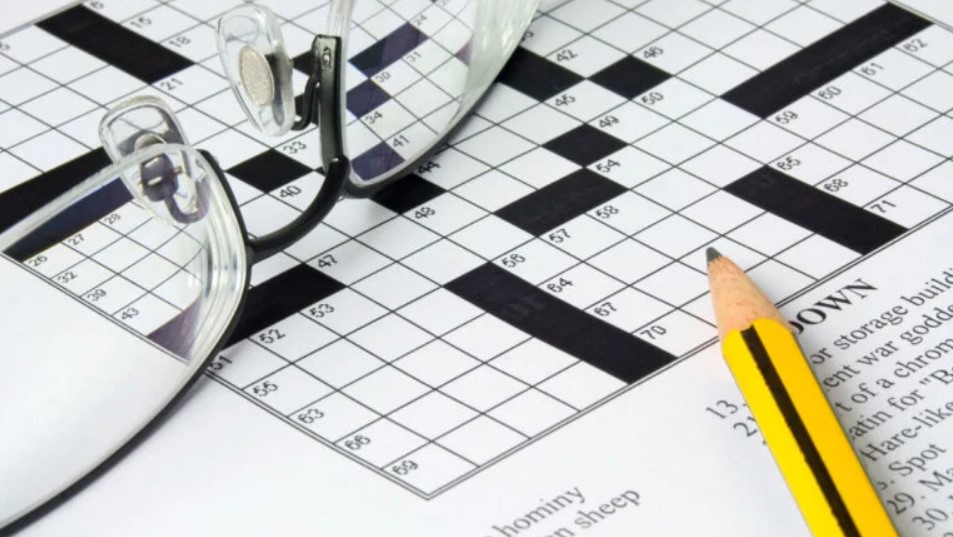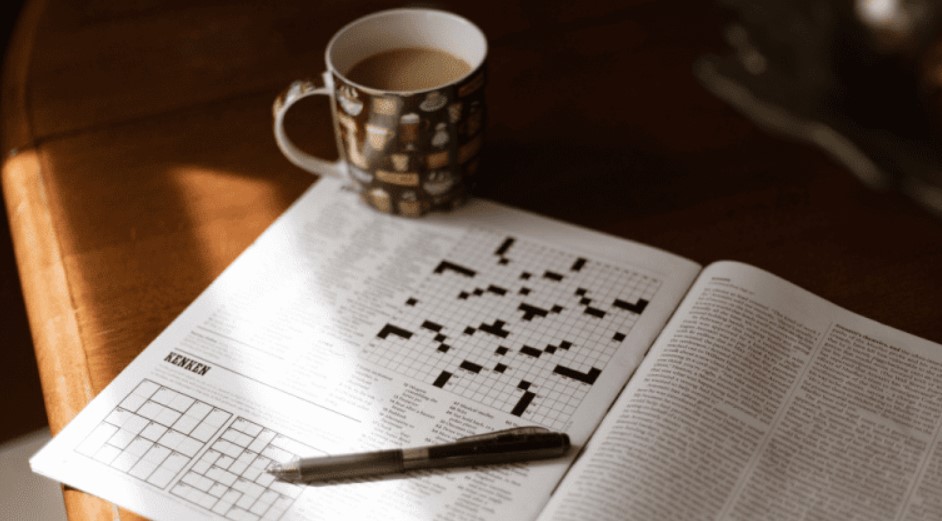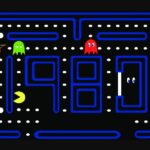Contents
When solving crossword puzzles, it’s not uncommon to come across clues that seem downright bizarre or nonsensical. These “nonsense crossword clues” can leave even the most experienced puzzlers scratching their heads. However, there’s no need to worry! In this article, we’ll dive into what makes these clues challenging, share strategies for decoding them, and explain how you can turn apparent gibberish into satisfying solutions. By the end, you’ll feel more confident in tackling absurd crossword clues, knowing exactly what to expect.
What Is a Nonsense Crossword Clue?
A “nonsense crossword clue” refers to a clue that initially appears to be illogical, absurd, or even gibberish. These clues can throw off solvers because they don’t seem to follow the typical patterns of straightforward clues. However, these quirky puzzle pieces are often intentional and require a bit of lateral thinking to figure out.
Instead of taking the clue at face value, solvers often need to consider wordplay, puns, or alternative meanings that fit within the crossword’s structure. The challenge is part of the fun—what appears to be gibberish is often a cleverly disguised puzzle that tests your linguistic creativity.
Why Do Crossword Puzzles Include Absurd Clues?
The world of crosswords is full of playful language. The inclusion of absurd or ridiculous clues is part of what makes solving crosswords entertaining and intellectually stimulating. These types of clues often:
- Encourage Lateral Thinking: Instead of relying on straightforward definitions, these clues push solvers to think outside the box.
- Introduce Humor: Absurd clues can sometimes be humorous, adding an extra layer of enjoyment to solving the puzzle.
- Challenge Experienced Solvers: For seasoned puzzle enthusiasts, these clues provide an additional level of difficulty and keep the puzzle from feeling repetitive.
Common Types of Nonsense Clues
Many seemingly nonsensical clues are crafted using wordplay, cryptic definitions, or cultural references that require deeper knowledge. Here are a few types of nonsense clues you may encounter:
1. Cryptic Clues
Cryptic crossword clues are famous for appearing illogical at first glance. However, they follow a strict structure. A cryptic clue typically contains both a definition and wordplay, and once you understand this, the nonsense starts to make sense.
For example:
Clue: “Barking dog?” (4 letters)
Answer: “Tree” (as in the phrase, “barking up the wrong tree”).
Here, “barking” seems nonsensical in the context of a dog, but the answer refers to the bark of a tree, a playful use of homonyms.
2. Rebus Clues
Some puzzles feature rebus squares, where more than one letter (or sometimes even a small word or symbol) fits in a single square. These can often feel like gibberish until you recognize the pattern.
For example:
Clue: “A picture is worth this many words” (7 letters)
Answer: “Thousand”
But the catch? The letter “A” might be shared by two words, turning the clue into a cryptic rebus that’s hard to decipher at first glance.
3. Homophones and Puns
Some nonsensical clues are based on puns or homophones, which are words that sound alike but have different meanings. These clues can sound ridiculous until you recognize the play on sound.
For example:
Clue: “Sea food?” (3 letters)
Answer: “Cod”
Here, the word “sea” sounds like “see,” which can be a pun for seeing food (i.e., fish in the sea).

How to Approach Nonsense Crossword Clues
Encountering a nonsense crossword clue doesn’t mean you’re stuck. In fact, there are several strategies you can use to decode these tricky clues:
1. Focus on Wordplay
Many nonsense crossword clues involve some form of wordplay. Pay attention to homophones, anagrams, or puns. Ask yourself if the clue could be hinting at a word that sounds like another or has a double meaning.
2. Think About Cultural References
Sometimes absurd clues may reference pop culture, literature, or idioms. If the clue seems nonsensical, consider whether it’s pointing to a well-known phrase or reference. For example, “All thumbs” could refer to someone who is clumsy, rather than literally having only thumbs.
3. Look for Anagram Indicators
Some crossword clues use words like “mixed,” “scrambled,” or “confused” to signal that the answer is an anagram of another word in the clue. These clues might initially seem nonsensical, but they can be unlocked by rearranging letters.
4. Take a Break and Come Back Later
It’s easy to get stuck on a nonsense clue and overthink it. If you’re feeling frustrated, take a break and return to it later. Sometimes fresh eyes can spot the trick more easily.
The Role of Nonsense Clues in Crossword Solving
Puzzlers love nonsense crossword clues because they provide a break from the ordinary and challenge the brain in unique ways. While they may seem frustrating at first, there’s immense satisfaction in cracking the code behind the nonsense. The absurdity of the clues also keeps crosswords fresh, ensuring that no two puzzles feel the same.
These clues aren’t about fooling you—they’re about encouraging you to engage with language in new and creative ways. When you encounter these bizarre clues, you’re not just solving a puzzle, you’re playing a game with the puzzle’s creator, who’s challenging you to think differently.
Final Thoughts
The next time you encounter a bizarre or nonsense crossword clue, don’t be discouraged. With patience and a few key strategies, you can decipher even the most perplexing puzzles. Whether it’s a silly pun, a cryptic phrase, or an absurd cultural reference, these clues add an extra layer of excitement and creativity to the solving process.
Frequently Asked Questions
What is a nonsense crossword clue?
A nonsense crossword clue is one that appears illogical or confusing at first but typically involves wordplay, puns, or lateral thinking to solve.
How do I approach a nonsense crossword clue?
Start by looking for wordplay or puns. Consider homophones, anagrams, or cryptic clues that require outside-the-box thinking.
Why do crossword creators include nonsense clues?
Nonsense clues make puzzles more entertaining and challenging, encouraging solvers to think creatively and preventing the puzzles from becoming too easy or repetitive.
What are common types of nonsense crossword clues?
Some common types include cryptic clues, homophones, puns, and rebus clues.
Are nonsense crossword clues harder than regular clues?
Not necessarily. They often require different thinking patterns, but once you’re familiar with the tricks involved, they can be just as solvable as standard clues.
You May Also Read:














